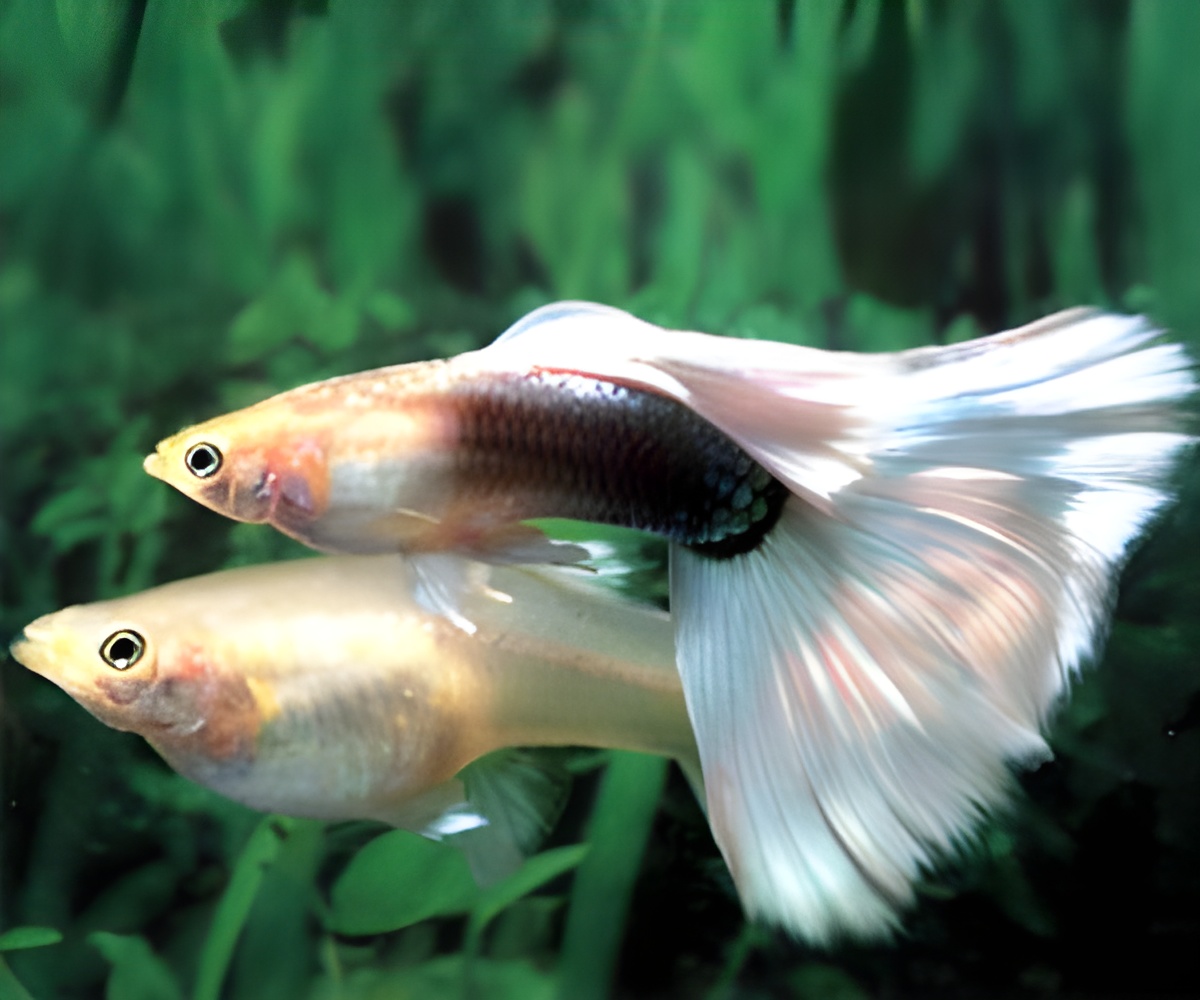Evolution has endowed females of certain species of amphibians, reptiles and fish with the ability to give birth to offspring without any males.

The study found that in species where females have evolved the ability to reproduce without males relatively recently, fertilization is still ensuring the survival of the maximum number of healthy offspring and thus males are still needed.
The researchers from Okinawa Institute of Science and Technology Graduate University (OIST) in Japan looked at the early evolutionary transition from sexual reproduction to clonal reproduction by studying a special case: the Little Fire Ant.
It is a species in which certain populations reproduce sexually and others clonally, yet colonies in both types of populations still have males. The researchers studied colonies from both sexually and clonally reproducing populations.
They found that inseminated queens had close to a 100% success rate in terms of how many of their eggs hatched, whereas in the case of queens that remain virgins, a majority of the eggs did not make it past the early stages of embryo development.
Mating with males enables queens to produce more healthy offspring than by cloning themselves. Sex also increases a queen’s fitness as indicated by the enhanced egg laying and hatching success rates and as a consequence, the colony’s fitness.
In case of the whiptail lizard in the New Mexican desert, which consists only of females, a type of pseudo-copulation still takes place before eggs start developing.
"It suggests that evolution places certain checks on completely eliminating sex and sexual behavior," said Professor Alexander Mikheyev, study co-author.
The study was published in the journal The Science of Nature.
Source-IANS












